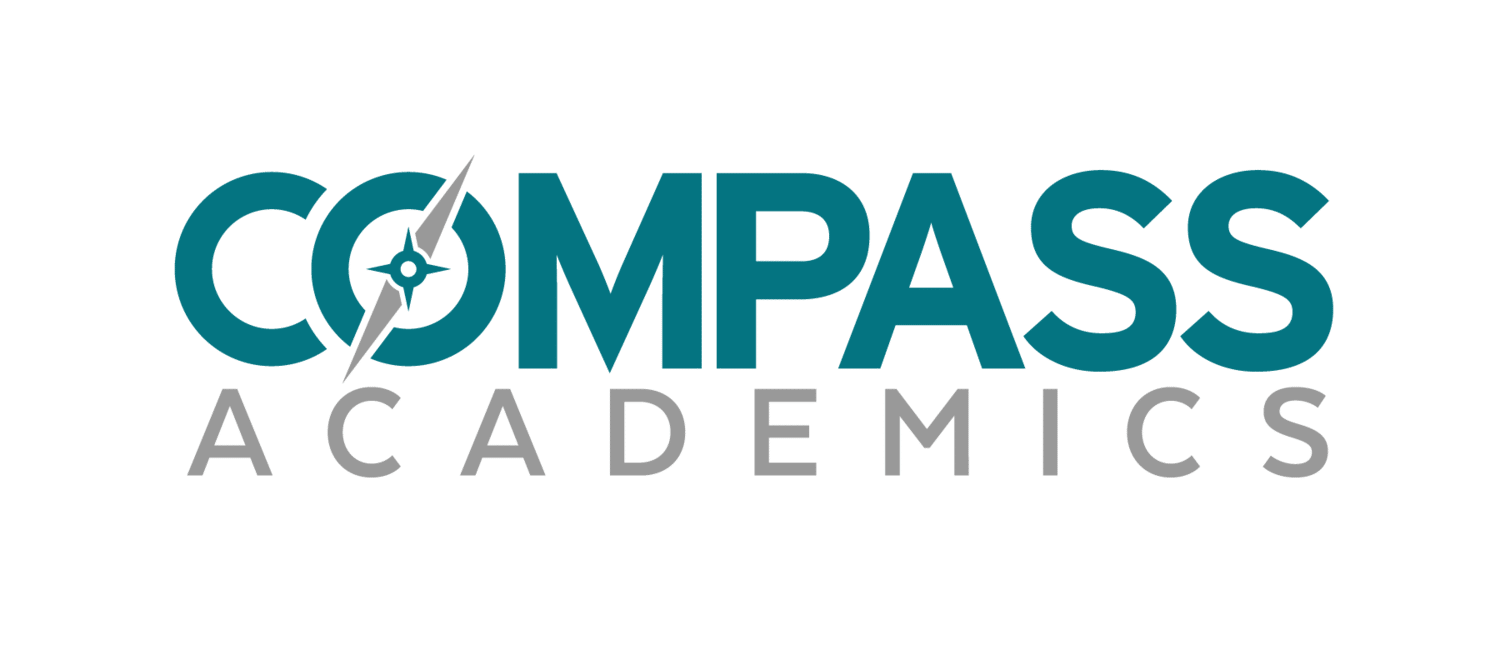Should you take AP classes?
A recent article in Inside Higher Ed discusses the pressure high school students feel to take as many AP courses as possible to be competitive for admission to their college of choice. The article cites a 2013 research study of freshmen at UNC: Chapel Hill. The study correlated the freshmen’s number of AP high school courses with their first-year academic performance at the university. The study found that when students took five AP courses in high school, their first-year GPA was a little higher than their peers who did not take as many AP courses. However, for students who took more than five AP courses in high school, their grades showed no marked improvement. Furthermore, students who took ten AP courses in their high school career showed no improvement over the students who had taken half as many. The upshot? More is not necessarily better when it comes to AP courses in high school. In fact, counselors across the country are discussing that the pressure students feel to take as many AP courses as possible is at an all-time high and the reports of students who self-harm, have suicidal thoughts, or suffer from depression are on the rise. Many counselors lament that their students are eschewing attractive electives for more “rigorous” courses and thus missing out on valuable opportunities to explore their interests.
Perhaps academic stakeholders (students, parents, teachers, counselors, and admissions officers) should rethink the AP concept altogether. “AP Classes are a Scam,” a 2012 article published in The Atlantic, reports that 50% of the College Board’s revenue is generated by AP courses. John Tierney, the article’s author and former Professor of Government at Boston College, calls Advanced Placement courses “one of the great frauds currently perpetrated on American high school students…a scam the scale and audacity of which would raise Bernie Madoff’s eyebrows.” Tierney takes issue with the rigor of AP courses, the “transferability” of credits, and the streamlined, watered-down curriculum. Tierney is not alone in his criticism. It seems that the increased demand for AP courses has possibly compromised the program.
Ultimately, students and their parents need to decide if focusing on AP classes is in their best interest and if the pursuit of “college credit” in high school ultimately compromises the high school experience altogether.

